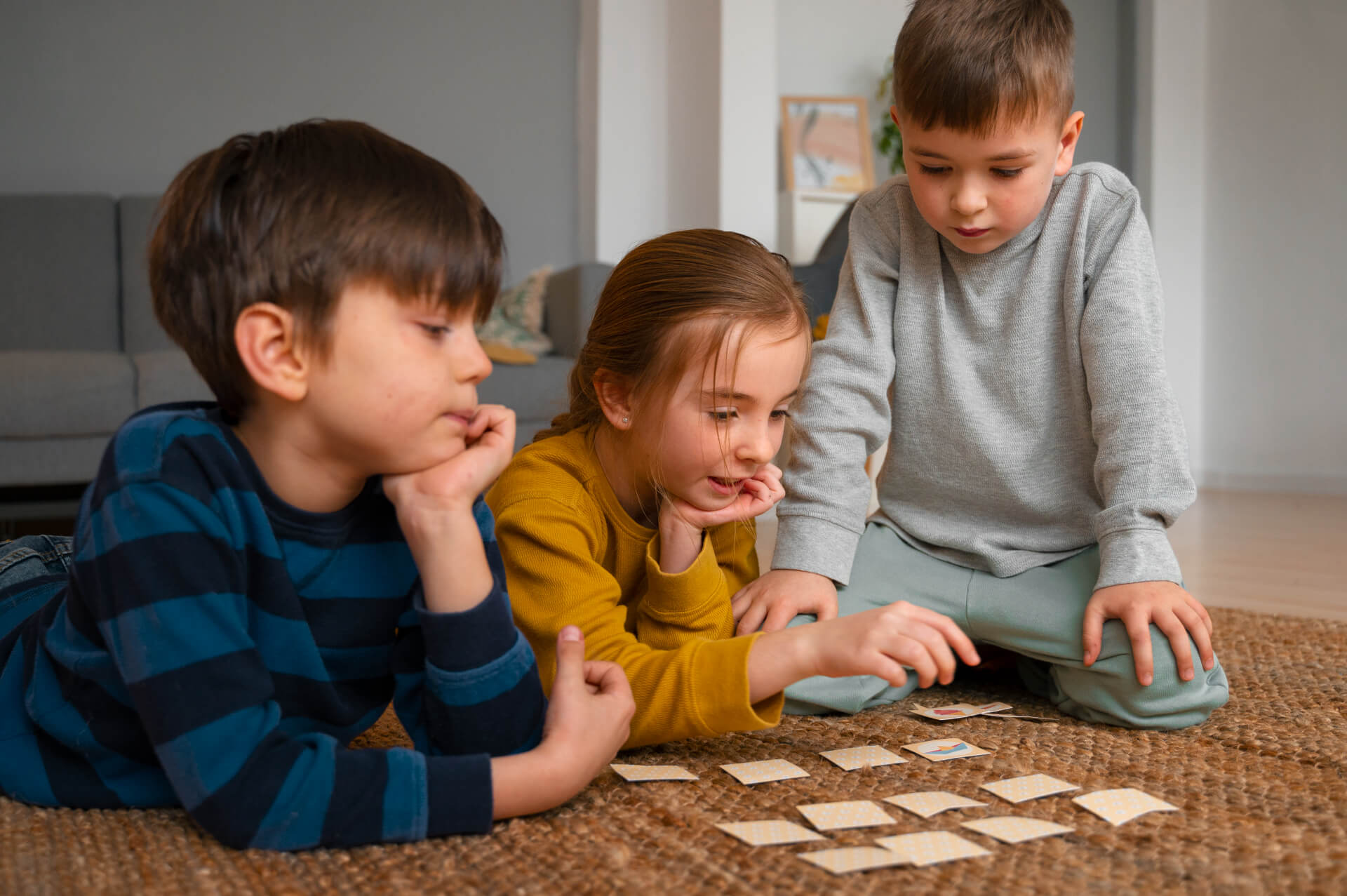Escape Rooms in Schools: Education or Just Fun?
Fri, 25 Aug, 2023
In today's educational landscape, innovative approaches to fostering learning are of paramount importance. In this context, Escape Rooms prove to be fascinating and effective methods not only to entertain students but also to specifically enhance their cognitive, social, and motor development. In this article, we will explore the diverse reasons why Escape Rooms are an ideal addition to schools and how they create a harmonious connection between education and leisure.
Are the escape rooms really that good for school?
- Introduction to the Escape Game Concept
- Diverse Age Groups, Enriching Experience
- 6 reasons why do kids develop from escape rooms
- Transferring Experiences to the Classroom
- Recommendation to Teachers and Parents
Introduction to the Escape Game Concept
Escape Games, also known as puzzle adventures, have gained global popularity in recent years, offering an interactive experience that goes beyond traditional games. In this captivating form of recreation, participants immerse themselves in various scenarios and stories, ranging from mysterious crime puzzles to historical adventures.
Let's first take a closer look at the concept of an Escape Game. Originally derived from video games, physical Escape Rooms have evolved into an experience where the boundaries between reality and fiction blur. In this captivating, time-limited activity, children – and adults alike – are not only required to sharpen their critical thinking but also collaborate as a team. The goal is to collect clues, cleverly utilize various tools, and understand different mechanisms within the given time frame, usually around 60 minutes. The shared objective is clear: to find the way out of a room by solving intricate puzzles and challenges. This is not merely about entertainment but also an intensive mental challenge that demands both communication and creativity.

Diverse Age Groups, Enriching Experience
A distinctive advantage of Escape Rooms lies in their adaptability to various age groups. While these adventures pose an excellent challenge for older students aged 12 and above, younger participants are also well-guided by our professional Gamemasters. NoWayOut's games are not just entertaining but also intellectually stimulating. They offer a unique opportunity to enhance students' critical thinking and problem-solving skills, shaping the learning process in a way that is enjoyable and increases enthusiasm for education.
6 reasons why do kids develop from escape rooms:
1. Strengthening Teamwork: Stronger Together
In today's work environment, teamwork skills are crucial. Escape Rooms create an environment where students must collaborate on solutions. This experience teaches them to communicate effectively, resolve conflicts, and put their individual strengths to the team's advantage. The joint pursuit of the exit not only fosters an understanding of each individual's strengths but also strengthens the sense of belonging.
2. Expanding Problem-Solving Skills: Cracking Puzzles and Sharpening Thinking
In Escape Rooms, kids are presented with puzzles that require creative and strategic thinking processes. The puzzle tasks are diverse, encouraging students to try different approaches. This not only promotes their problem-solving skills but also sharpens their thinking abilities and helps them find innovative solutions.
3. Learning Time Management: A Valuable Lesson
The time limit set in Escape Rooms teaches students to manage their time effectively. Imposing a time constraint creates real pressure, forcing them to prioritize and strategically plan their actions. This lesson in time management is relevant not only in the game but also in the school context, where tasks often need to be completed within specific deadlines.
4. Focus on Detail Accuracy: Sharpening the Focus
Attention to detail and accuracy is crucial in Escape Rooms. Students are encouraged to observe clues and elements in the room attentively to solve puzzles. This ability to pay attention to detail carries over to their school activities, where precise understanding of information and content is essential.
5. Enhanced Memory: Utilizing Information Purposefully
The diverse puzzles in Escape Rooms require students to organize clues and make connections. This challenge enhances students' memory as they must purposefully use information to solve problems. This contributes to strengthening their cognitive flexibility and improving how they store and retrieve information.
6. Unfolding Social Skills: Stronger Together
The aspect of Teambuilding in Escape Rooms allows students to unfold their social skills. Interacting with their peers fosters an understanding of different perspectives and teaches them to communicate effectively. These skills are not only important in school projects but also in their future professional lives, where teamwork and interpersonal relationships play a central role.

Transferring Experiences to the Classroom
The lessons students learn in Escape Rooms have a direct application in the classroom. Similar to the game, students in the school context must work as a team to achieve common goals. The ability to work under pressure, think creatively, and apply intuition are skills that are relevant not only in the gaming situation but also benefit students in their academic journey.
Recommendation to Teachers and Parents
Given the diverse benefits of Escape Rooms, we recommend that teachers and parents bring their students or children to our unique Escape Rooms in Vienna. The experiences in these rooms are not only entertaining but also educational, promoting holistic development. The adventures will remain in students' memories for years to come, imparting valuable life lessons. Come and experience education and fun in a unique way – together with us at NoWayOut.



